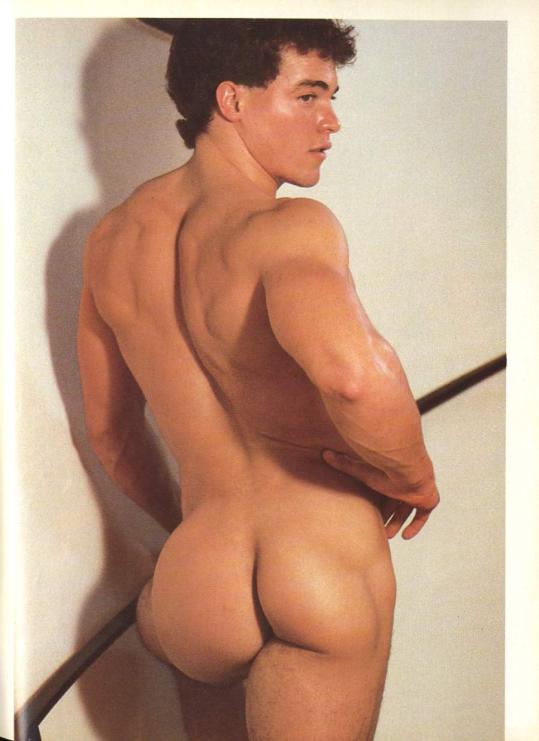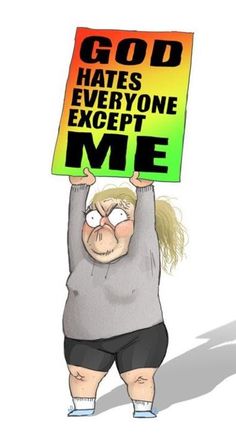(In other gag news, the subject line is sung to the tune of "Hooray for Hollywood!", courtesy of The Simpsons #212/AABF05, Season 10, Episode 9, "Mayored to the Mob". Thanks to my brother for pushing the joke into new musical theatree territory.)
OTC mounted this production to honor the 70th anniversary of Carousel's Broadway debut—the precise date was just last Sunday, April 19. OTC is an impressive facility They seem to have a fantastic donor base—which oughtn't, I suppose, come as a surprise from an unincorporated chunk of MoCo that Money magazine consistently (if cryptically) recognizes as one of the richest places in the country. The place was lousy with comfy white retirees... and, er... hopefuls.
What finally occasioned a late-rush-hour drive to Olney—from a city with rich and varied theater offerings of its own—was Henry Niepoetter. Henry's a 14-year-old theater phenom-in-training whom I met (and sang with) perhaps 5 years ago, when he was Fomo's student at University Park Elementary School and a member of the Fomo-led choral group Vocetti. At the risk of attracting the anti-NAMBLA torches and pitchforks (seriously, dears, not my style), I fell madly in love with the kid based on his portrayal of Snail in A Year with Frog and Toad (the UPES 2011 musical, under Fomo's direction).
Yeah, I never could bring myself to eat the cookie.
Since then Henry has been very busy on D.C. area stages: He's sung with the Washington National Opera in Der Rosenkavalier and La Bohème and Le Petit Prince, taken the crucial (if not quite principal) role of Itys in The Love of the Nightingale at Constellation...
Who's this 'Joffrey' you speak of? Bring him to me with a dotted line drawn on his neck.
Henry attributes his "getting serious" about performing to his run (as "Young Scrooge" and "Turkey Boy") in A Christmas Carol at Ford's Theater in 2012. He was in The King and I at Olney and a 2014 local indie film about RPGs called Of Dice and Men. Henry is also some kind of resident at Rockville/Glen Echo's Adventure Theater, for which he recently played "Jack" in the kid-friendly Sondheim adaptation Into the Woods Jr. (Hint: No giant breast! Jack knows precisely as many things now as he knew before, after the sky. There are censors in the sky.) For his take on Jack, Henry won a "Freddie G" award in January of this year for Excellent Individual Performance by a Male at the Junior Theater Festival in Atlanta. Suffice it to say, the kid is brilliant—keep an eye out for important work from him in future. But enough of my P.R.
In Carousel Henry played "Starkeeper 2", a split role (the book's D.P. has merely "Starkeeper") and, as is apparently done for all child performers, a split cast part: Henry and another young man alternate performances. What is really curious about this fact is that the couple seated next to Paul and me were looking through their programs, and I heard the guy directly to my right say to his date, "Yeah, he's playing Starkeeper 2." I butted in: "You mean Henry?" "No," he said, "Ian." He was in the audience because he knew the other actor playing Starkeeper 2, but wasn't aware it was an off-night for him.
Henry's Starkeeper is leftmost of the "Up there" folk.
The production and the stage decoration (nothing seemed to me to qualify as a "set") were gorgeous. The cast was mostly terrific; I would only point out that Nettie's strong, fine voice was deployed consistently behind the beat—acoustic problems hearing the orchestra?—and occasionally in so ornery a vibrato as to obviate assessment of her intonation. "Yes," you could honestly say, "she's singing on key—and next door to key and across the street from key and everywhere else in the key's zip code."
Perhaps that sounds churlish—I should own that this is a personal aversion to a particular style of singing. I am serious about the adjectives "strong" and "fine": The timbre of Delores King Williams's voice is lovely and her overall skill at putting a song across is unimpeachable.
In the end, I'm not sure I agree with or understand Time Magazine's assessment of this play (which Sondheim seems to share) as the best musical of the 20th century. Certainly, it stands out among the Rodgers and Hammerstein oeuvre as a dark and intriguing jewel, a problem play with no easy answers (well, perhaps one easy—and kinda dumb—answer about posthumous redemption). Rodgers's music is superb throughout. And of course it has a real nice clambake in it! But is it really a better musical than Die Dreigroschenoper or West Side Story (or for that matter Candide) or Cabaret or Fiddler or Sweeney Todd?
The biggest detractor for me is my difficulty empathizing with Billy Bigelow enough to work up the necessary concern (or ambivalence) toward his marriage, his criminal enterprise, or his death. He is, I suppose, meant to be one of those roués and cads Rolf warns Liesl about a few plays later... but he's not a rebel, an independent, or a free spirit. He's a selfish, spoilt dickhead who smacks his wife around and is ready to do murder to forestall the potential hunger of his unborn child. As a result, my much greater empathy with Julie Jordan is seriously tempered with a stiff dose of "Girl, you a idiot."
The domestic violence element doesn't play well today, which may lead many to believe we've come a long way, baby; but I can't really imagine it was met with complacency or equanimity even among 1945 theater crowds. Perhaps the taboo was less dire to most people, the condemnation of abusers less vehement or universal. Alas, in the pre-To Wong Foo era, regular ol' folk like Rodgers and Hammerstein didn't know that, to defeat evil wifebeaters, merely apply drag queens. How simpler things are now we have aerosol hairsprays and Spandex! Hail progress! Benedic futurum, O homo!
Et voilà! Your cabinet door is fixed for good!
It may be similarly shifting mores that play against the long Act I "Soliloquy" number in which Billy processes, stream-of-consciousness style, his incipient fatherhood. For example, if you're the kind of guy who boastfully insists no son of yours is going to grow up to be a sissy? I just might not want to be your best fucking friend.
Ok, ok, you rhymed "lorgnette" and "born yet"—sigh—so I'll tolerate your company.
Adding to the Billy problem, Jigger Craigin—a more explicitly horrible character, malice personified, really quite scary—is given a more appealing/engaging veneer: as audience you know he's bad but you see why people—including Miss Carrie Pipperidge, whose farm remembers—are attracted to his whim-wham. With Billy, by contrast, we're told up front that all the girls wanna ride his big fat co—uh, carousel all night long; and we see dear Julie Jordan falling (further?) in love with him—but where his actual guile lies we're too often left to guess. I'm not sure how much of this is R&H's fault and how much Mr. Sessions's, but I suspect it's a fault embedded in the play. I'm almost tempted to head back to the theatree for a control viewing once Cooper Grodin takes over the role next week.














